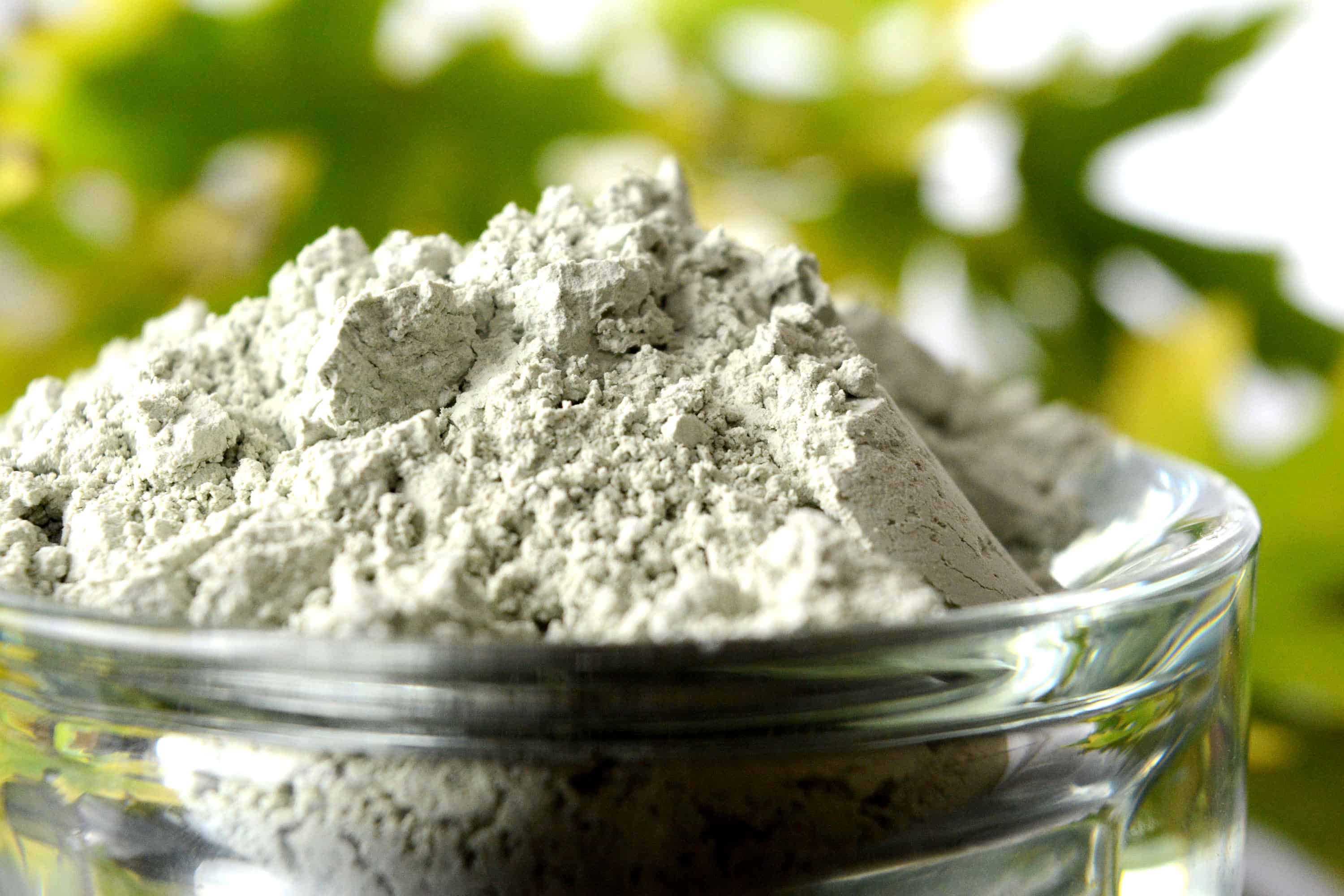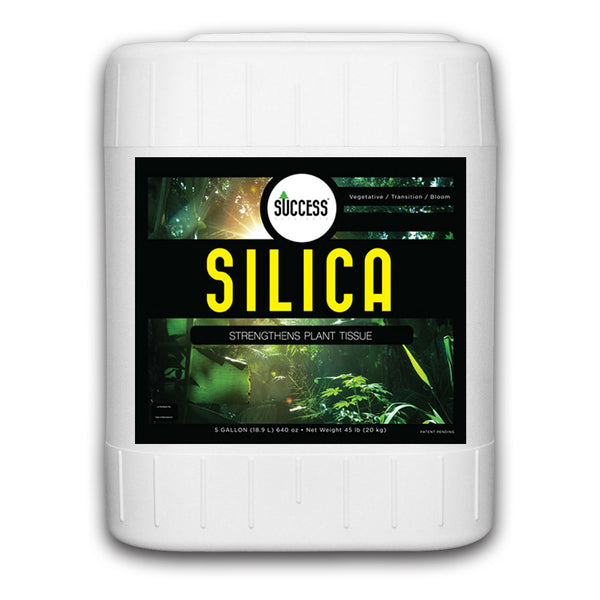

Silicon is produced using a complex process that yields the most readily available form of the metal. Alchemist Stout MSA is an excellent source of silica for plants. Alchemist Stout MSA produces the best silica for plants. This pH-boosting paste is simple to use, as well as easy to mix with autodosers. Mono sicilic acid, also known as ortho silicic acid, is the best form of silicon.Īs opposed to potassium silicate, which has a limited supply upon feeding, this is 100 percent available right away. Regardless of which form of silica is chosen, finding the right supplement is more important than using it all at once. As a result, nutrient shipments can be made more quickly to areas of the plant that require them. The increased tissue in plants, in addition to improving plant health, is thought to help them combat pests and diseases. Growing plants that produce more silica supplements is one of the main reasons they are fed. It is a plant food that is commonly referred to as a panacea. Silicon dioxide is an organic material produced by silicon when it comes into contact with oxygen. This will give the plant time to absorb the nutrients and use them throughout the day. The best time to feed them silica is in the morning, before the sun gets too hot. It is important to feed your plants silica regularly to ensure they are getting the nutrients they need to grow strong and healthy.


When Should You Feed Silica? Credit: Medical Daily Users will be able to see if they need to swap out their sachet by inserting a color-coded dot into each sachet box. The product, which is infused with silica, allows moisture to be regulated within curing jars, resulting in a two-way system. With Moisture Fighters, it is no longer necessary to use silica during the drying or curing process. Some foods contain less than 3% silicon dioxide, which may leave your plants feeling thirsty. When the chemical is added to your soil, the pH will rise. Curing and drying are two different things. Adding silica to your nutrient solution will accelerate plant growth and protect plants from disease. A chemical compound is formed in the leaves’ cell walls and hardens them. The presence of silica can reduce the bioavailability of heavy metals in the soil and the absorption of these metals by plants. Metals such as chromium, lead, aluminium, and mercury are toxic to plants even at extremely low levels. Plant protection is also possible because the chemical can help to prevent toxics from accumulating in soil caused by human activity. In environments with poor soil quality, it can help plants grow stronger, fight fungal pathogens, prevent pests from nibbling, and even increase yields. Silica is a crystalline compound that can be found in both sand and quartz. Cannabis plants contain more silica per gram than do plants that are primarily used for macronutrients like nitrogen and potassium. It is the second most common element in the universe, accounting for 59% of the Earth’s crust. Silicon dioxide, also known as silica, can be found all over the place. Just use it sparingly and you’ll be fine. With that said, silica is an essential part of a healthy cannabis grow, so don’t be afraid to use it. Overdoing it with silica can actually harm your plants, so it’s important to be careful. Whatever type of silica you use, make sure to follow the instructions on the package. If you’re using a powder, you’ll need to mix it with water first before applying it to your plants. If you’re using a liquid silica supplement, you can simply add it to your plants’ water. However, as a general rule, you should give your plants silica every two weeks or so. But how much silica do they need, and how often should you give it to them? The answer to this question depends on several factors, such as the type of silica you’re using, the age and size of your plants, and the growing conditions. It helps them take in nutrients, strengthens their cell walls, and makes them more resistant to pests and diseases. Cannabis plants need silica for several reasons.


 0 kommentar(er)
0 kommentar(er)
